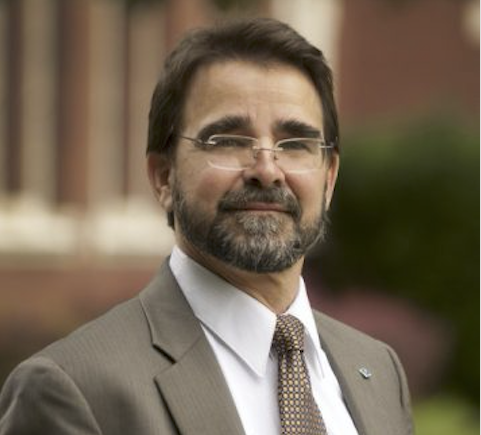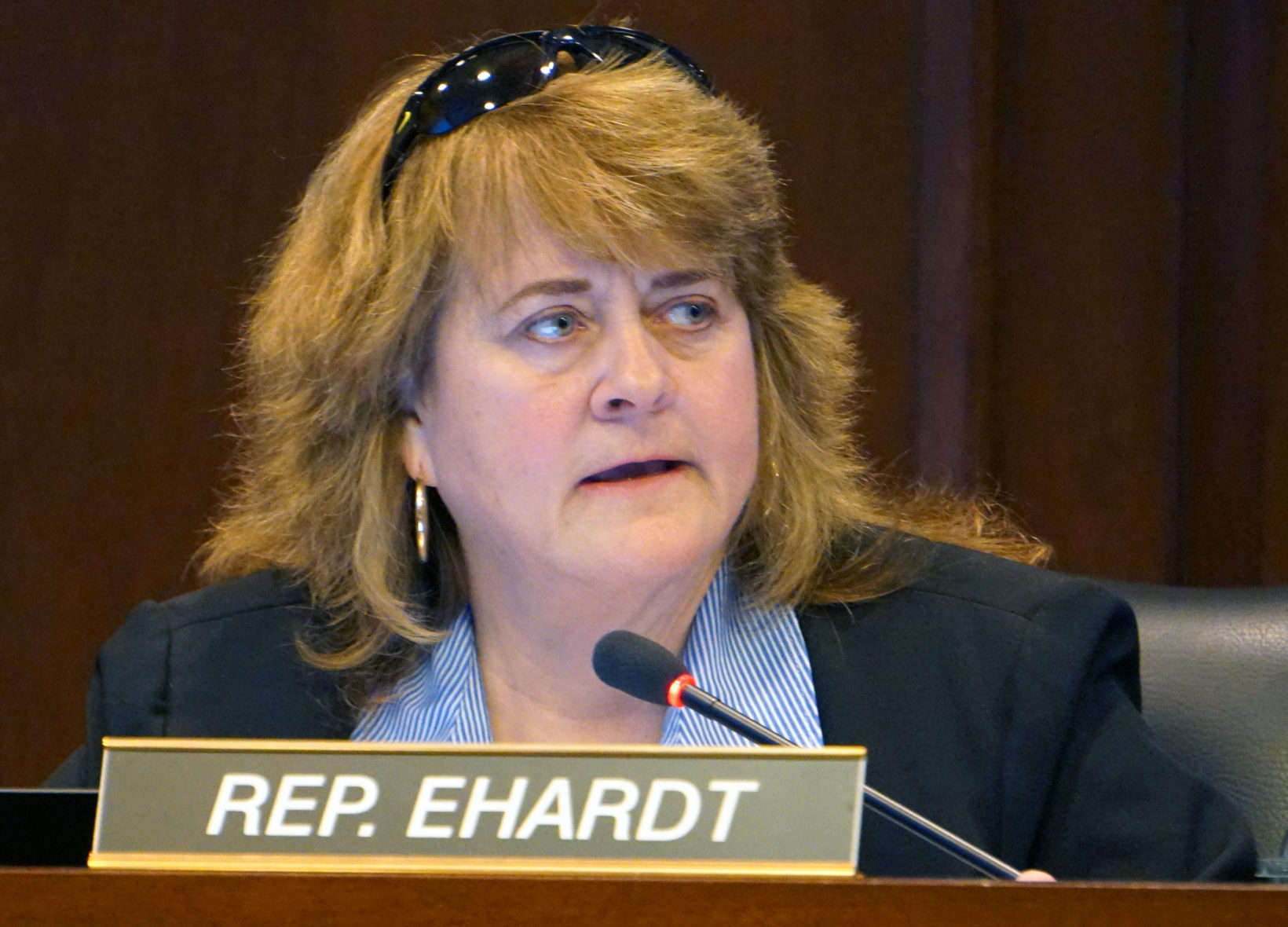Marlene Tromp has been on the job for less than two weeks, but she is already at the center of a political crossfire.
Twenty-eight House Republicans say the new Boise State University president should reject a series of programs and initiatives to promote campus diversity — a multipronged effort that far predates Tromp’s 12-day tenure.
“This drive to create a diversified and inclusive culture becomes divisive and exclusionary because it separates and segregates students,” lawmakers said in the letter, written by Rep. Barbara Ehardt, R-Idaho Falls.
The letter wasn’t just a missive from one lawmaker: It was co-signed by 28 of the House’s 56 Republicans. The co-signers include two members of GOP leadership, and eight of the 15 members of the House Education Committee — a panel Tromp will almost surely address at some point in the 2020 legislative session.
Tromp already has her defenders. The Legislature’s 21 Democrats wrote a letter urging Tromp to maintain a safe and welcoming campus for all students. “We appreciate Boise State University’s efforts to maximize educational outcomes while ensuring equal and diverse access to Idahoans,” said the Democrats, which include several lawmakers who represent legislative districts encircling the Boise State campus.
On Friday, Tromp said she looked forward to meeting with Ehardt, and tried to carve out a middle ground.
“I believe we can have a meaningful dialogue that underscores our common commitment to the well-being of our students and to the future of the state.”
What does Tromp say?
She released a statement late Friday afternoon through spokesman Greg Hahn. Here it is, in full:
“I care deeply about all students and believe it is a public university’s job to provide both the academic rigor and the support students need to earn their degrees and to succeed in their careers and their lives. Political divisions in our country often make these conversations very difficult and can even cause harm. I believe we can have a meaningful dialogue that underscores our common commitment to the well-being of our students and to the future of the state.
“I had previously scheduled a meeting with Representative Ehardt, and I look forward to hearing her concerns and ideas and to talking with her and others about Boise State’s mission to serve all students. I am grateful for the genuine engagement of our legislators, as well as to people from across the state who have reached out to me to express support. Public universities must foster and protect the open exchange of ideas in order to ensure a broad and deep educational experience. Boise State is honored to carry forward this critical charge.”
How we got here
Boise State’s diversity campaigns aren’t new. The university created a student diversity and inclusion director’s position in 2008. In 2017, former President Bob Kustra’s office adopted a diversity and inclusivity statement. But the current controversy stems from a June letter from Martin Schimpf, who served as Boise State’s interim president through June 30.

In his letter to the university community, Schmipf spotlighted a long list of diversity initiatives at Boise State. These efforts include advertising geared to attract a more diverse pool of job applicants, funding for multicultural student events and graduate fellowships designed for underrepresented minority groups.
“I have every confidence that Dr. Marlene Tromp has the background, experience and drive to take Boise State to new levels of diversity and inclusive excellence,” Schimpf wrote.
Within days, the Idaho Freedom Foundation President Wayne Hoffman wrote an opinion piece blasting Schimpf for writing a “buffet of braggadocio.”
Said Hoffman: “It’s unknown whether Tromp will deploy the same condescending rhetoric, but the fact that she has described herself in interviews as motivated by ‘social justice’ makes one wonder.”
Hoffman’s opinion piece singled out several of the very programs Schimpf highlighted in his essay. Hoffman criticized multicultural “Black Graduation” and “Rainbow Graduation” ceremonies. He called out Schimpf for encouraging so-called “Dreamers” — undocumented immigrants covered under the Deferred Action for Childhood Arrivals program — to apply for state college scholarships.
Several of these criticisms resurfaced in Ehardt’s letter.
A debate over affordability — somewhat
In her letter, Ehardt says multicultural graduation events and scholarships for “Dreamers” will drive up the cost of college for all students.

“Despite the many goals Schimpf outlined, none address making tuition more affordable so our Idaho kids can afford to actually attend Boise State, an Idaho school,” she wrote. “Unfortunately, not one of these initiatives will help our Idaho students achieve their dreams of obtaining a degree and a career without an undue debt burden.”
In their response, legislative Democrats blame rising tuition costs on legislative “neglect,” and suggest Ehardt’s argument is a red herring.
“Exclusion won’t make college more affordable, but it will destabilize our economy and threaten our quality of life. Increasing accessibility and making college more affordable will tear down barriers,” they wrote.
For 2019-20, Boise State’s in-state tuition will be $8,088, a 4.9 percent increase. Earlier this year, lawmakers approved a 3.5 percent budget increase for higher ed — but this budget left some holes to fill. For instance, the budget didn’t fully cover a 3 percent pay raise approved by the Legislature.
The ‘Idaho way’
Gov. Brad Little is also embroiled in the debate.
“(As) Little has stated on numerous occasions: We need to do things the ‘Idaho way!’ Ehardt wrote. “This means Idaho’s universities should always seek to treat all students fairly and equitably.”
Democrats latched onto this talking point in their letter to Tromp.
“Idaho’s higher education institutions create welcoming environments to serve students from diverse backgrounds who are striving for a better life and more opportunity,” they wrote. “This is the ‘Idaho way.’”
For now, Little is staying silent. He was out of the office Friday and has not discussed the issue with staff, spokeswoman Marissa Morrison said Friday afternoon.
